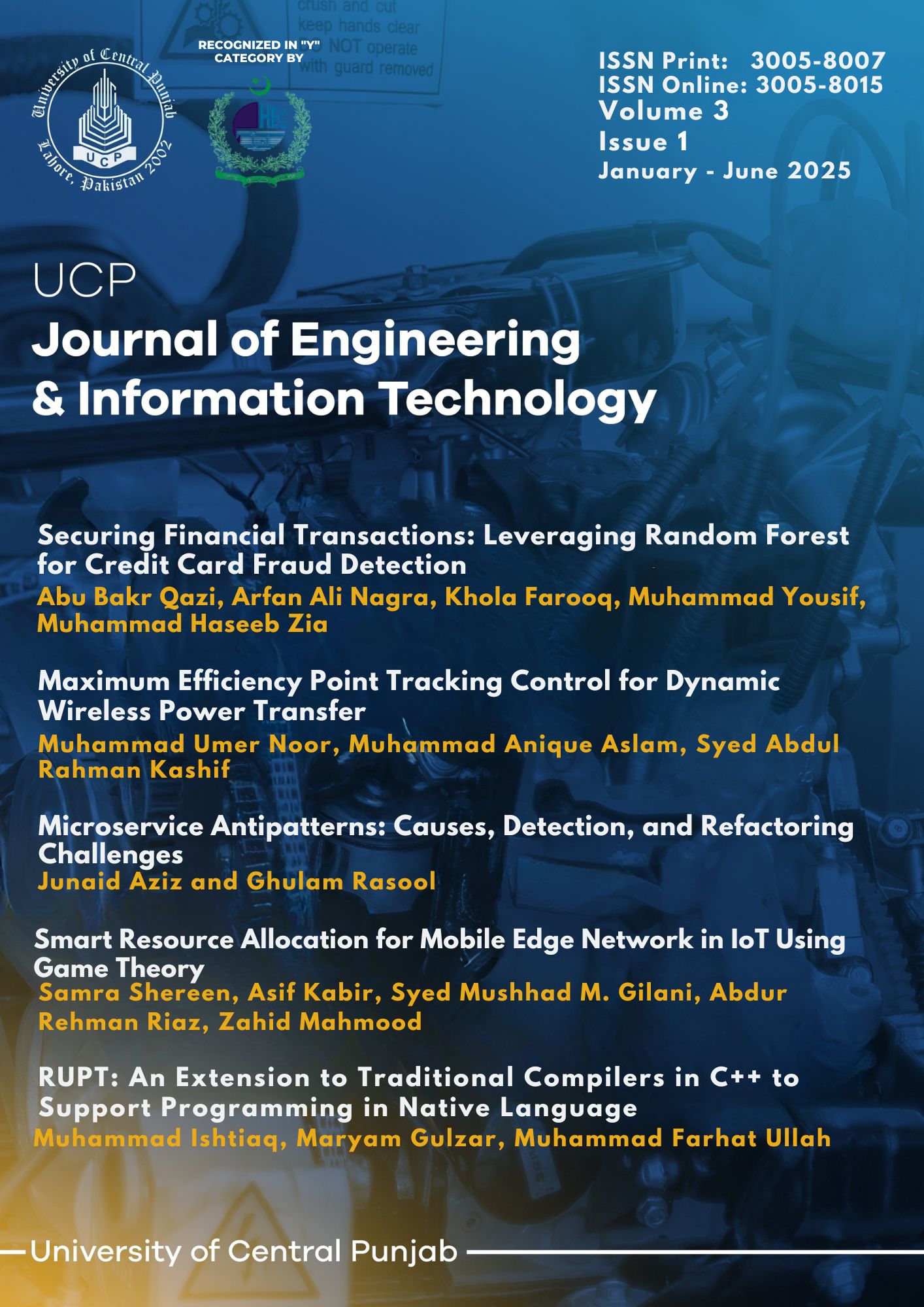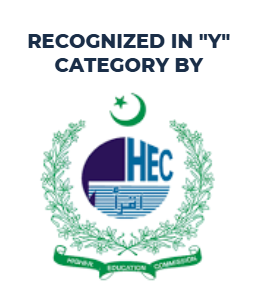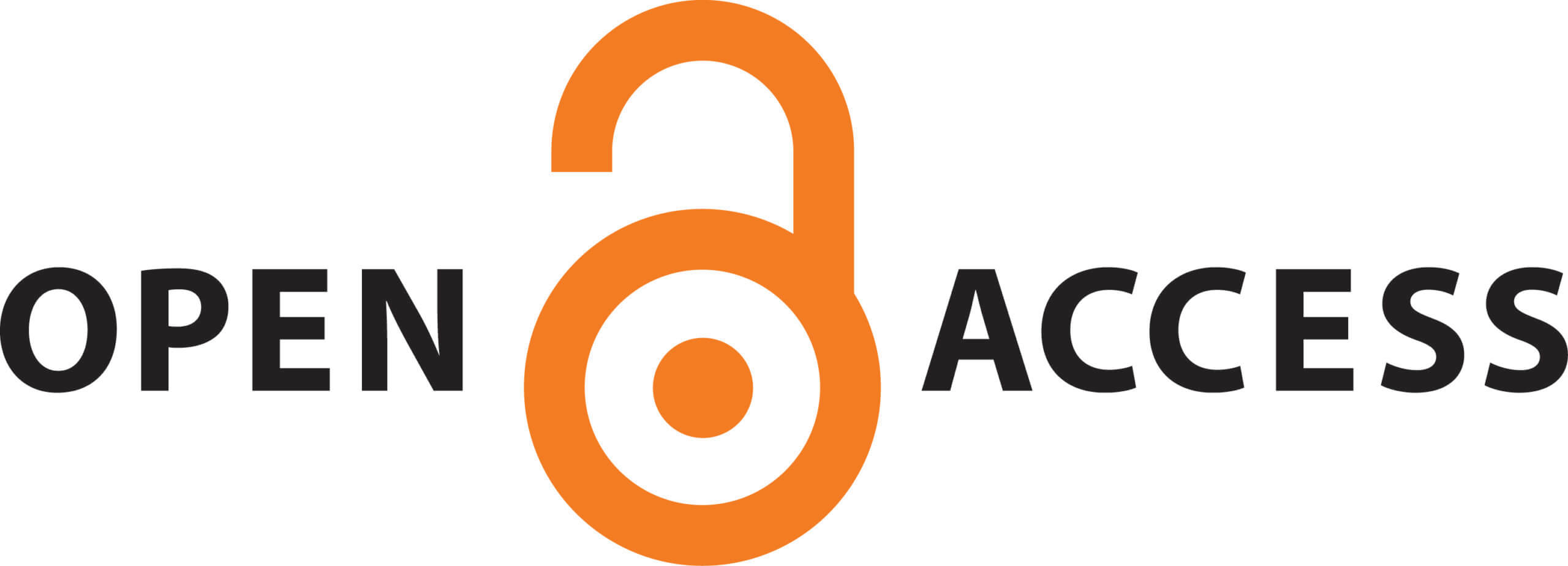RUPT: An Extension to Traditional Compilers in C++ to Support Programming in Native Language
DOI:
https://doi.org/10.24312/ucp-jeit.03.01.591Keywords:
C++, Compiler, Lexical Analysis, Native Language, Roman Urdu, RUPTAbstract
The medium of instruction has a significant impact on effective communication and comprehension. The majority of literature is available in English because it is a universal language; however, if someone is provided with the information in their native language, they will comprehend the concept much more effectively. In computer science, source code of programming languages is written in the English language, whereas endemic language has its own impact. To address this gap, this study has rendered a framework, “Roman Urdu Programming Translator” (RUPT), that will be used to translate a program coded in Roman Urdu or Hindi into a proportionate C++ program. Actually, this will be an additional layer to the original C++ compiler, i.e., a programmer will write a program using special keywords of the Roman Urdu language, use RUPT to translate it into an equivalent C++ program, and then use the traditional C++ compiler to compile and run it on the computer. The special set of Roman Urdu keywords includes, e.g., “keyboardSay (ks)” instead of “cin”, “screenKiTaraf (skt)” instead of “cout”, “klea” instead of “for” etc. In this work, additional Urdu and Hindi Roman keywords are added to the original set of C++ language and will be replaced by the C++ equivalent keywords by our translator RUPT to convert it into a pure C++ program. RUPT is only composed of the lexical analysis phase. State of the art has increased the understanding and learning rate of novel users towards the field of computer science.
Downloads
Published
Issue
Section
License
Copyright (c) 2025 UCP Journal of Engineering & Information Technology

This work is licensed under a Creative Commons Attribution 4.0 International License.





